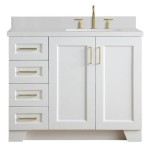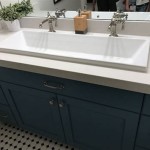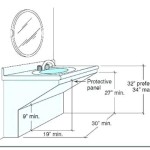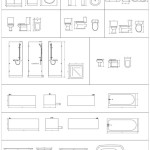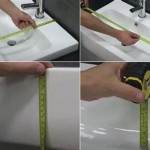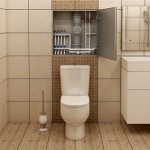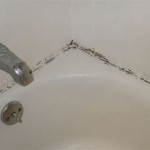Essential Aspects of Installing Bathroom Plumbing Rough In
Bathroom plumbing rough in is a critical stage in the construction or renovation process that sets the foundation for all the visible fixtures and appliances. Understanding the essential aspects of rough-in plumbing helps ensure a successful installation and years of trouble-free operation.
Before delving into the specifics, it's important to note that "Rough In" refers to the installation of pipes, drains, and valves before the walls and fixtures are put in place. This allows for proper sizing, positioning, and secure anchoring.
Planning and Preparation
Thorough planning is essential for accurate rough-in work. Begin by determining the location of all bathroom fixtures, including the toilet, shower, sink, faucets, and any additional appliances. Consider the size of the space, the dimensions of the fixtures, and the desired layout.
Materials Selection
Selecting the right materials is crucial for durability and longevity. High-quality pipes (such as copper or PEX) and fittings ensure a robust plumbing system. Use appropriate drainpipes, vents, and valves that meet building codes and regulations.
Pipe Sizing and Layout
The size and layout of the pipes determine the flow rate and efficiency of the plumbing system. Determine the required pipe diameters based on the fixture specifications and local building codes. Ensure proper drainage by using the right size drainpipes and venting.
Fixture Positioning and Anchoring
Precisely positioning the fixtures ensures proper alignment and functionality. Use templates or measure carefully from reference points. Securely anchor all fixtures to the studs or wallboard using appropriate mounting hardware.
Water Supply and Drainage
Install water supply lines and drainage pipes to and from each fixture. Use shut-off valves for easy fixture maintenance. Ensure drainpipes are properly sloped to allow for proper water flow and prevent clogs.
Ventilation and Gas Lines
In bathrooms with gas appliances, such as water heaters or fireplaces, install proper ventilation and gas lines. Gas lines require licensed professionals, and ventilation systems ensure adequate airflow and prevent moisture build-up.
Conclusion
By focusing on these essential aspects, rough-in plumbing can be executed with precision and efficiency. Proper planning, material selection, pipe sizing and layout, fixture positioning, water supply and drainage, and ventilation ensure a solid foundation for a well-functioning bathroom plumbing system.
How To Plumb A Basement Bathroom Diy Family Handyman

How To Do A Plumbing Rough In Pro Tool Reviews
How To Install A Concealed In Wall Bathroom Plumbing System

How To Plumb Shower Installation Engineering Discoveries Plumbing Bathroom Floor Plans

Pex Plumbing How To Rough In Supply For Shower

A Guide On Doing Rough In Bathroom Plumbing Advanced Gas
What Does A Bathroom Plumbing Diagram For Rough In Look Like Quora

How To Plumb A Bathroom With Multiple Plumbing Diagrams Hammerpedia

Plumbing Design For Residential House Shower Diagram Bathroom

Plumbing Rough In For Your New Home Builder Tips Quality Armchair Blog Build Renovate Repair Own Save Money As An Owner
Related Posts
